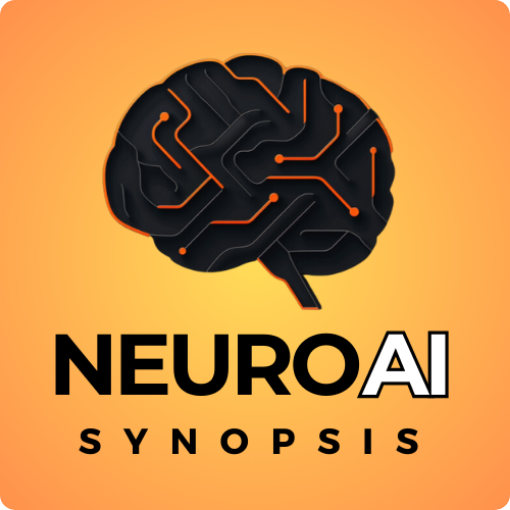AI and the Study of Consciousness: Exploring the Mind-Body Connection
Explore how AI aids the study of consciousness and the mind-body connection by analyzing neural correlates of consciousness. Learn about innovative AI techniques, real-world applications, and future research in understanding consciousness.
Artificial Intelligence (AI) is advancing the study of consciousness and the mind-body connection by analyzing neural correlates of consciousness. This post explores how AI techniques enhance our understanding of consciousness, highlighting innovative developments and real-world applications. By examining the interplay between AI and cognitive neuroscience, we delve into future research directions that promise to unravel the mysteries of consciousness. Discover the transformative potential of AI in exploring the mind-body connection and its implications for philosophy, psychology, and cognitive science.
Artificial Intelligence (AI) is making significant contributions to the study of consciousness, exploring the intricate mind-body connection by analyzing neural correlates of consciousness. This post delves into the advancements in AI-driven consciousness studies, highlighting innovative techniques and real-world applications that enhance our understanding of consciousness.
Consciousness is one of the most profound and complex phenomena studied in cognitive neuroscience and philosophy. Understanding consciousness involves exploring how subjective experiences arise from neural processes and how the mind and body interact. AI aids this exploration by analyzing vast amounts of neural data, identifying patterns, and modeling brain activity associated with conscious experiences.
AI-driven techniques, such as machine learning and deep learning, analyze neuroimaging data to identify neural correlates of consciousness—specific brain regions and neural activities associated with conscious states. These techniques help researchers understand how different brain networks contribute to various aspects of consciousness, such as perception, self-awareness, and intentionality.
In cognitive neuroscience, AI-driven studies of consciousness enhance our understanding of altered states of consciousness, such as sleep, meditation, and anesthesia. AI algorithms analyze brain activity during these states, providing insights into the neural mechanisms underlying consciousness transitions. This understanding informs the development of therapeutic interventions for disorders of consciousness, such as coma and minimally conscious states.
AI also contributes to philosophical discussions about the nature of consciousness and the mind-body problem. By simulating conscious experiences and modeling brain activity, AI offers new perspectives on questions about the nature of subjective experiences, free will, and the relationship between mind and matter. These insights bridge the gap between empirical research and philosophical inquiry, fostering interdisciplinary collaboration.
Despite its potential, AI-driven consciousness studies face challenges, including the complexity of neural data, interpretability of AI models, and ethical concerns. Ensuring transparency and explainability in AI algorithms is crucial for understanding their insights into consciousness. Ethical issues related to data privacy, informed consent, and the potential for misuse must be addressed to ensure responsible AI use.
Future research in AI-driven consciousness studies focuses on developing more sophisticated algorithms, integrating multi-modal data, and exploring new applications. Advancements in explainable AI (XAI) aim to enhance the interpretability of AI models, making their insights into consciousness more accessible. Integrating data from various neuroimaging techniques, behavioral studies, and subjective reports can provide a comprehensive understanding of consciousness.
AI is transforming the study of consciousness by providing powerful tools for analyzing neural correlates and modeling conscious experiences. These advancements offer new insights into the mind-body connection, bridging the gap between cognitive neuroscience, philosophy, and psychology. Future research should focus on improving AI algorithms, ensuring ethical use, and exploring innovative applications to fully harness the potential of AI in understanding consciousness.
Please log in to read the full post and explore these exciting developments in detail.

